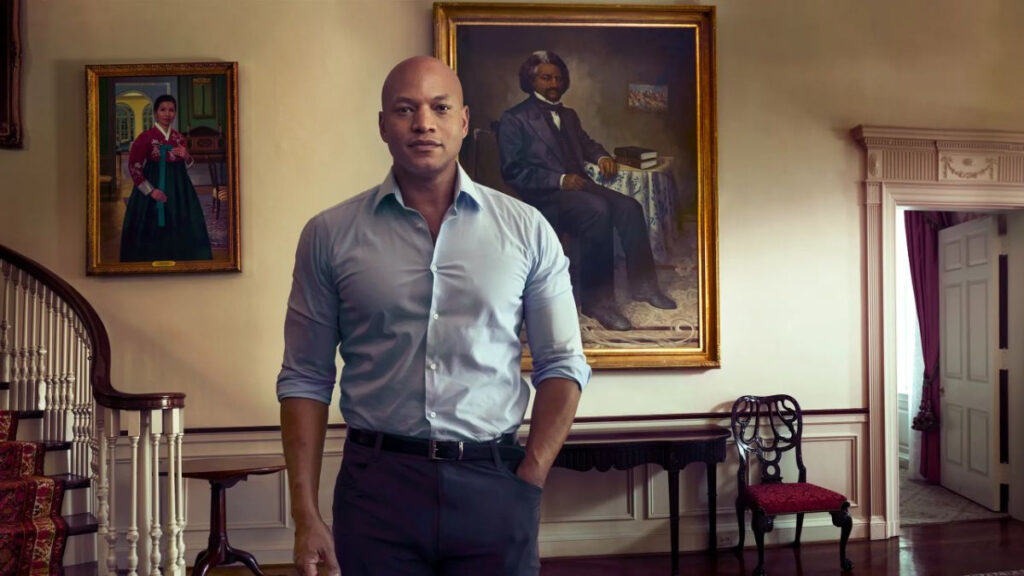
In news out of Maryland, State Governor Wes Moore’s plan to double its sports betting tax rate from 15% to 30% in his 2025 budget presentation has not gone down well with gambling operators in the state.
Following in the footsteps of both Illinois and New Jersey, Maryland lawmakers are eyeing a chance to capitalize on substantial tax revenue from the continued surge in sports betting revenues.
The proceeds are earmarked to further fund state-led educational and public services.
Maryland’s additional push for iGaming legislation would also reinforce the suggestion that state legislators have identified gambling tax revenues as a means to inflate state coffers.

A recent example of this is Delegate Vanessa Atterbeary’s House Bill 17, which not only signpost proposals for online casino expansion approval but also hints at adjusting tax rates to support public education programs. That being said, the bill is facing resistance from in-person gambling venue operators who claim iGaming will cannibalize the industry.
Other states, including Illinois, that are witnessing elevated wagering levels have already signaled their intent to boost sportsbook tax revenues, following State Governor J.B. Pritzker’s proposal to hike tax rates ranging from 20% to 40%. New Jersey too is considering accelerating gambling taxes to address its well-publicized mounting budget deficit.

The result of Maryland’s burgeoning online sports betting industry since its legalization in 2022 is already credited with contributing millions of dollars to the state’s purse. However, lawmakers are clearly uneasy about the proportion they receive from major sportsbook operators’ record-breaking incomes, the result of which means a steep tax increase now seems inevitable.
As more and more states look to exploit the record levels of accessible tax generation available, industry experts are beginning to warn that excessive tax hikes could undermine the regulated industry’s expansion by pushing bettors towards offshore operators.
At its core, Maryland legislators’ primary argument for the sizeable tax hike is meant to benefit the public education sector, a point reinforced by Atterbeary’s HB 17 which explicitly states the additional tax revenues should be designated to supporting elementary and secondary education.
However, in an industry still in its relative infancy, Maryland’s gaming regulators may need to balance any new tax increases with incentives to keep operators in the state competitive.
The pressure is on lawmakers and regulators to find the correct balance in order for The Old Line State to maintain its blossoming legal betting market while also extracting the maximum revenue potential for its state-funded programs.
